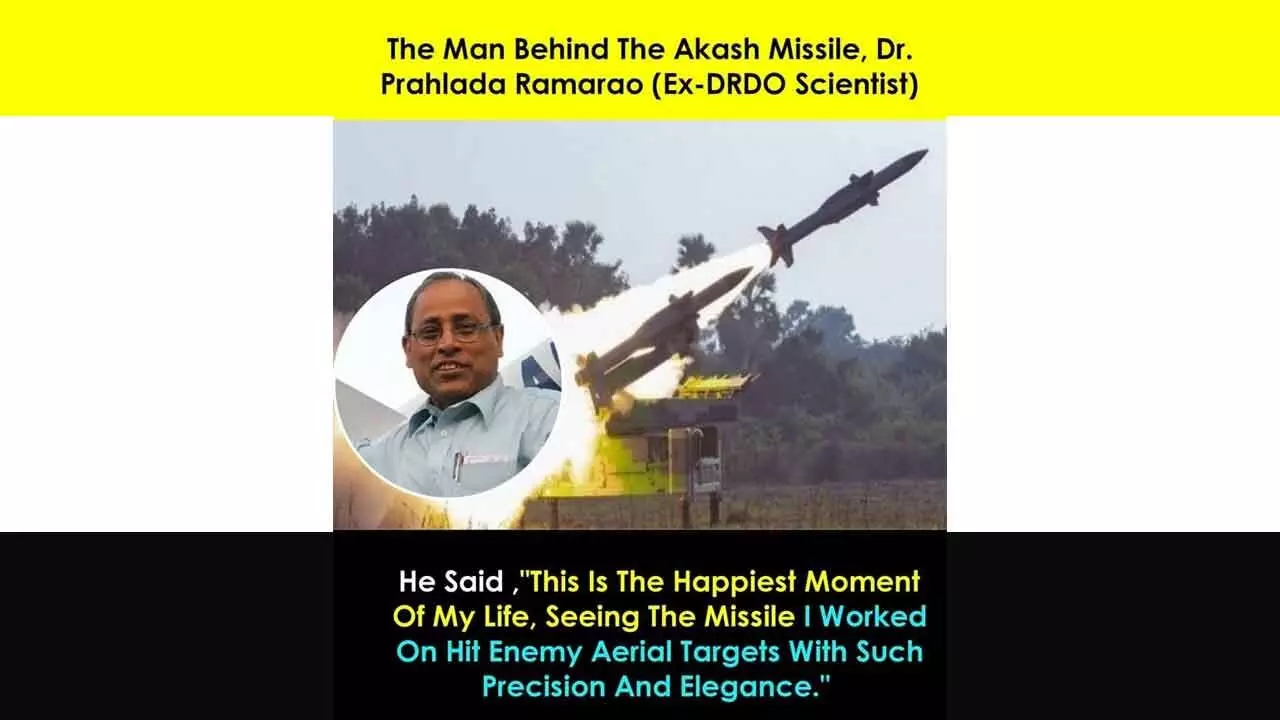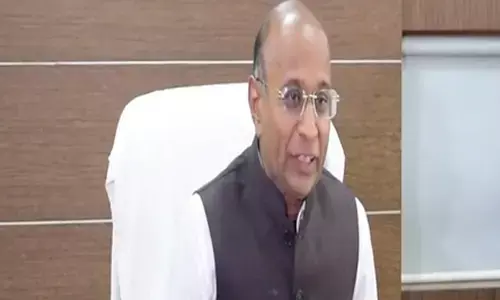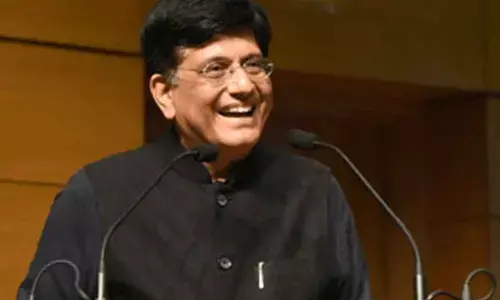Rome was not built in a day, says junior ‘missile man’

A missile scientist’s day involves designing, testing and manufacturing systems, potentially including writing codes, analyzing data and debugging integrated systems. They are involved in preparing for launches, inspecting rocket engines and conducting experiments. In one word, they are the architects of a missile system.
Yes, the proverb is a reminder that great things don’t happen overnight. The adage highlights the importance of patience, persistence and consistent effort in achieving worthwhile goals. Whether you build a project, develop a skill, a relationship or even a personal goal it takes a good number of years, maybe ages.
Dr. Prahlada Rama Rao, of ‘Akash’, ‘Creator’ and the drone ‘Destroyer’ fame, feels that it encourages individuals to be patient and persistent in their efforts, reminding them that success often comes because of gradual progress and continuous hard work. There are no shortcuts.
The project ‘Akash’ took 15 long years. During that period the entire crew spent sleepless nights and missed their heart beats during the period. The precision in targeting the enemy drones is the classic feature of ‘Akash’, The entire world is in awe of its power, while the enemy is yet to recover from coma.
Dr Prahlada, as he is fondly addressed, felt that the relentless effort put in emphasizes the importance of appreciating the journey and the effort required to achieve something meaningful rather than just focusing on the outcome.
Recalling his childhood days, he points out that he comes a humble family, which could not afford his higher education pursuits. Money can impact academic success, while excessive emphasis on it could overshadow other crucial factors like intrinsic motivation, hard work and the pursuit of knowledge for its own sake.
According to him money is not the sole determinant of a student’s achievement. After his engineering from Indian Institute of Sciences, Bangalore, in 1971 he joined Defense Research Development Laboratory (DRDL) as a young scientist, along with six more young engineering graduates, who called themselves FG-7 (friend’s group of 7). They remain so till date. He earned a three-digit salary and could not dream of owning a bicycle or afford to travel by auto. RTC buses were the only viable mode of transportation. Money was a scarce commodity. However, the spirit to prove themselves was very high and the entire group proved their mettle as scientists of exceptional merit.
He says he is indebted to the extraordinary and humble ‘Missile Man’, Dr APJ Abdul Kalam, his mentor, friend, philosopher and guide. Dr Prahlada said that ambitious projects and achievements require time and dedication, and that rushing or expecting immediate results were exercises in futility. Important assignments, especially those concerning the country’s defence and security, cannot be done in a short period of time.
A missile scientist’s day involves designing, testing and manufacturing systems, potentially including writing codes, analyzing data and debugging integrated systems. They are involved in preparing for launches, inspecting rocket engines and conducting experiments. In one word, they are the architects of a missile system.
More important is communication and collaboration as they work with engineers, scientists and technicians often communicating complex technical information in a clear and conscientious manner.
To put it in a nutshell, a missile scientist’s day is a blend of scientific enquiry, engineering expertise, and practical application. They are often working on complex projects with high stakes, requiring a strong attention to detail and a collaborative spirit. Missile scientists address a range of potential failures. They should be ready with solutions to trouble shooting problems. If resources are stretched too thin, the delays over-run the over-all performance that can lead to unsuccessful attempts.
In typical style, he added that ‘Tough times don’t last but tough people do’. He was overwhelmed to see the success of his baby ‘Akash’ and grateful to the love the country showered on DRDO scientists.
Dr Rao is a fascinating combination of a person with a scientific brain and a jolly demeanor. He possesses a sharp mind for details and logic but is easy to talk to. His approach to problems is systematic and methodical and are laced with a dash of wit and humour. He makes decisions based on evidence and logic but also has a rational, empathetic and understanding side that helps him connect with others.
As friends grow and evolve their interests and varying priorities, geographical distance can make it difficult to maintain regular in person interactions, but he says family and friends are essential for a man’s achievements and successes. Dr Prahlada Rama Rao is down-to-earth, practical and infectiously enthusiastic. He embodies a unique blend of intellectual rigour and joyful spirit, making him a delightful companion and an invaluable asset to the country.











